On GAG I've written several MyTakes about what I think about different topics like the death penalty, abortion and so on, so now I think it's time to write about euthanasia. To me it's a difficult topic because of both sides have equally good arguments, so in other words; I'm sitting on the fence. I'm going to present different pros and cons that I finds understandable.

1. Is euthanasia freedom?
The most common pro-legalization argument for euthanasia is the right to choose over your own body and life. When you're choosing to end your own lives, it would affect your own body only and dilemmas like affecting other people's bodies like in abortion isn't an issue here.
Therefor most of the pro-legalizing regardless of their stance on abortion thinks this case is very straight forward. In many countries people are allowed to choose other things in their life, so why not this? Why do other people have to choose for you when you can express your wishes clearly?

On the other side it may not be as straight forward as pro-legalizing thinks it's. Regardless if a country has socialized healthcare or not, some people will see themselves as a burden to their own family and society making them feel pressured to die. They may even have people around them directly pressuring them because of they doesn't want to deal with the costs, the time consuming parts of caring and they may wish to inherit properties faster. Some people may want to continue living, but lie to avoid feeling guilt. Some feels guilt either because of their family can't afford to take care of them or they doesn't want the tax payers money spent on them if they can be spent on someone else's like the younger generation for instance.
So in a way euthanasia can be liberating, but on the other side it may be abused.
2. Is it a good way to end suffering and where do we draw the line?
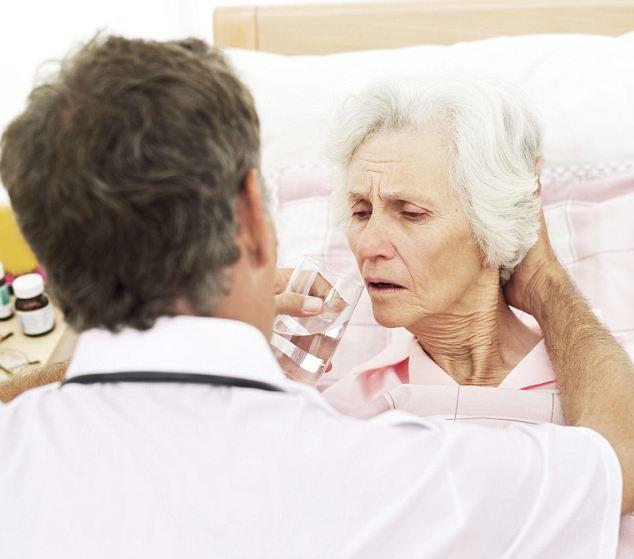
Euthanasia may end suffering regardless of it's physical pain or if one is tired of being bedridden dealing with medical staffs all the time. Some people feels very uncomfortable having someone else to help them to eat, bath, go to the bathroom and so on. You can't always choose which nurse you wants either because of a limited staff and in some countries your preferences may not be respected in the name of equality like having a nurse of the opposite gender taking care of you against your wishes. It's not uncommon in modern countries to have male nurses to take care of female patients and visa versa.
In many Western countries there's also a large elderly and ill population thanks to technology keeping people alive, but not everyone wants to be kept artificial alive because of it's reducing their life quality. Suffering and pain are subjective, so it's not as simple as just trivializing a condition either. To some people a reduced life quality is much worse than death and not allowing a professional euthanasia may end up with either more suffering people or botched suicide attempts.

The difficult question is where to draw the line. Should there be a limit? Who should be allowed euthanasia? Should there be an age limit and are children capable to understand a permanent decisions like that? Which conditions should be allowed? Will suicides be glorified?
Since both the professionals who's going to judge each cases and the patients experiences are subjective, therefor it's difficult to take a decision. There may be questions about if only terminally ill should be allowed, or if permanently disabled also should get the opportunity. What about mental illnesses like depression, OCD, anxiety and bipolar? Some thinks mental illnesses can be cured and they're not capable to understand or make a permanent decision, while other thinks both mental and physical illnesses can be equally painful, and therefor support an euthanasia.
In Belgium there were two deaf-twins that were euthanized after learning they would become blind soon instead of trying to adapt to their disability. Is that fair or just giving up?

In addition you would never know the future in advance and every humans will die at one point, so why not give it a chance? Perhaps if patients weren't euthanized they would get an opportunity to experience a cure invented in the future, their life quality may improve or they simply changing their minds. You may be unhappy about your life today, but in maybe five or ten years you may have changed your mind if you didn't just give up.
The author of the book Ghost boy lived almost 15 years with locked in syndrome and couldn't communicate, but after a while his health improved. Now he can communicate and live a normal life. He would never become happily married, get a career or do anything of that if he was euthanized.
3. Should the costs matter?
Some pro-legalization sees it as beneficial if people who wants to die are allowed death, then a lot of resources would get saved and be spent on people who wants treatment and to live instead. They thinks it's a waste of resources to spend it on someone who doesn't want help when it's a long waiting list for treatment and people wanting care have to wait for a very long time.
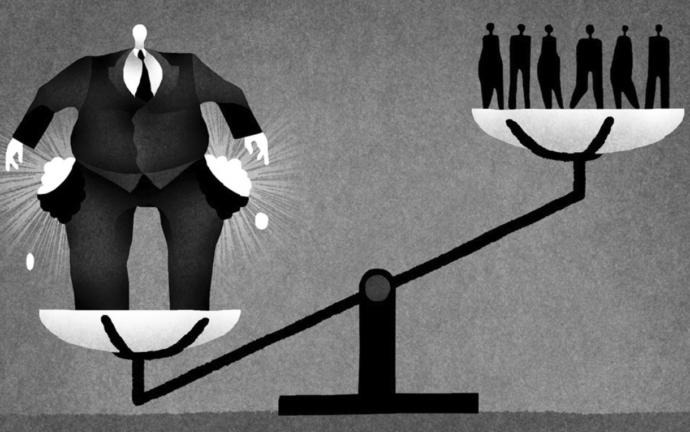
Again, patients may feel like a burden to the society and go for euthanasia although they wants to live because of the guilt feeling of not allowing other patients the resources. If the country doesn't have socialized healthcare either, another problem may occur. While wealthy people can afford the best care home and treatment, the poor ones who can't afford anything may go for euthanasia since it's cheaper. Euthanasia can also be expensive because of it requires a big professional team deciding who should be allowed to die, to have conversations with the patients and performing it. Sometimes people may end up in legal trouble too or the law having too many loopholes, so they've to go to court frequently.
4. Who should do it?

If euthanasia are legalized, then who are supposed to do it? The cons-legalization would think it would be problematic if doctors and nurses performed it, because of they're supposed to save lives and improve people's health conditions. The pro-legalization usually believes in a modernized and more nuanced way to be a doctor where the well being of the patient should be prioritized over life.
Many thinks if other professions can change, then the doctor jobs also can. In the past the doctor, barber and dentist job was lumped together, but nowadays there's three different professions. Some legalization thinks there's no need of having doctors doing it and it's possible to create a new profession; professional euthanasists. They will have the same education as doctors, but are only allowed to euthanize and talk with patients, while doctors are only allowed to save lives. So you can basically not have two of the jobs at the same time.

Another reason the euthanasia-skeptics are skeptical is that they're not sure if euthanizing people would be voluntarily for the staff and if the system can provide enough euthanasia in the whole country. In several Western countries it's mandatory for doctors to participate in an abortion and some are concerned about political and religious freedom. The pro-legalization thinks in a modernized and secularized country there would always be enough volunteers, so it wouldn't be a problem at all.
5. Do it cause a sorting society or promoting individuality?
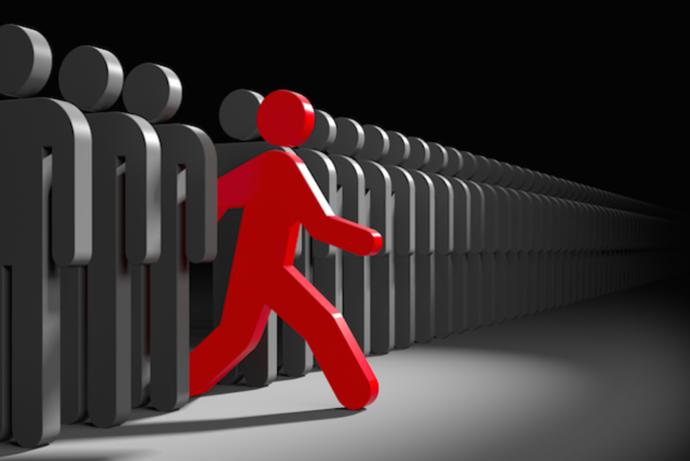
The most controversial thing about euthanasia is whatever it would cause a sorting society or promote individualism. The pro-legalization thinks it would promote individualism because of each person can decide over themselves and that just because of one person gets euthanized for a condition doesn't mean another person with the same condition would do the same. They think it would create a society accepting different choices, subjectivity and diversity. The argument also says no one feel the same pain from the same thing, so only the person themselves can judge.
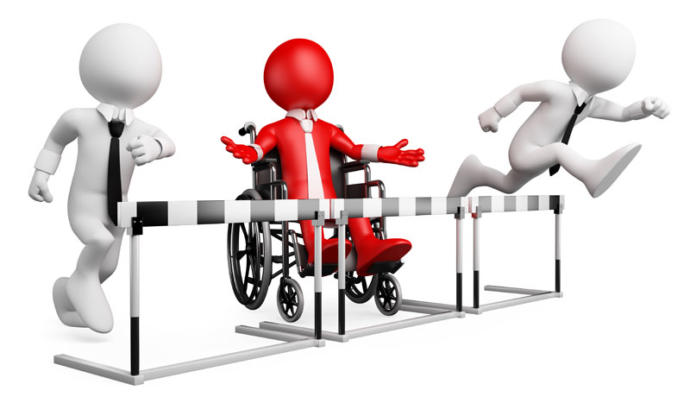
The skeptics arguments it would create a sorting society where the elderly, disabled and sick would be seen as inferior people, a burden of the society and encouraged to be euthanized. It would be seen as giving up some people, choosing to stop advancing new technology that can help them and stopping seeing them as human beings like everyone else. The argument also says a standard on which lives are worth living and who's valuable would occur. Perhaps some circumstances are seen as inferior, so if someone doesn't want to be euthanized they would get harshly criticized, questioned and judged.
6. Who has the right between the person and family members?

The last dilemma I can think of is who has right between the person and the family members. Most people would maybe be agree in that the person themselves, especially if it's a sane consenting adult, should be allowed bodily autonomy. But it's more tricky when it comes to euthanasia. The person may have a wish to die, but the family may be strongly opposed to it because of they would get their feeling hurt losing a loved one permanently. The person may be seen as cowardly not being able to handle their own problems and selfish for prioritizing their wishes more than their families'. It's especially difficult if the person hasn't any support and have more than ten family members who are opposed.
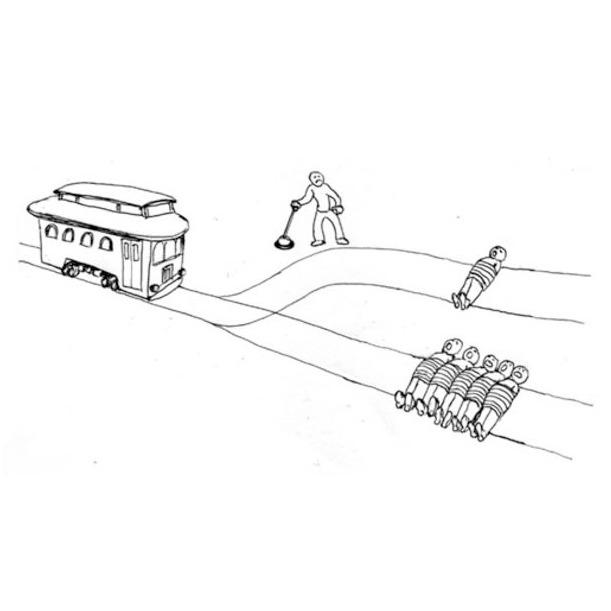
If we're going to follow the utilitarian principle the family of ten has right because of they're the majority while the person wanting to die is a minority. So if the family gets their wishes granted there would be ten happy people, but a sad one. But the family members doesn't feel the pain the person is going through and may not be able to understand it, so how can they judge and force someone to live and is the utilitarian principle right? Again, pain is subjective, so it's hard to tell.
Conclusion:
After going through all of the pro and cons-legalization arguments I can think of I'm still sitting on the fence simply because of creating a nearly perfect system for euthanasia would be very difficult and there would always be many who gets hurt regardless of if it gets legalized or not. It would be difficult to not allow people freedom to choose over their own lives, but at the same time it would be difficult to avoid abuse of the system if legalized. I think creating a functional system in general speaking would be difficult, but making a good euthanasia system would be more challenging than making a good welfare and school system for instance.
I would like to hear if you're pro-eu.l (pro-euthanasia legalization) or con-eu.l (cons-euthanasia legalization), and why. Pro-eu.l. and cons-eu.l. are the terms I'm preferring to use instead of pro-life and pro-choice since this isn't about abortion.
 Holidays
Holidays  Girl's Behavior
Girl's Behavior  Guy's Behavior
Guy's Behavior  Flirting
Flirting  Dating
Dating  Relationships
Relationships  Fashion & Beauty
Fashion & Beauty  Health & Fitness
Health & Fitness  Marriage & Weddings
Marriage & Weddings  Shopping & Gifts
Shopping & Gifts  Technology & Internet
Technology & Internet  Break Up & Divorce
Break Up & Divorce  Education & Career
Education & Career  Entertainment & Arts
Entertainment & Arts  Family & Friends
Family & Friends  Food & Beverage
Food & Beverage  Hobbies & Leisure
Hobbies & Leisure  Other
Other  Religion & Spirituality
Religion & Spirituality  Society & Politics
Society & Politics  Sports
Sports  Travel
Travel  Trending & News
Trending & News
Most Helpful Opinions